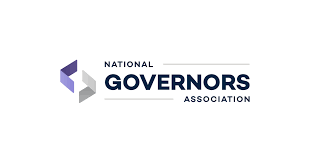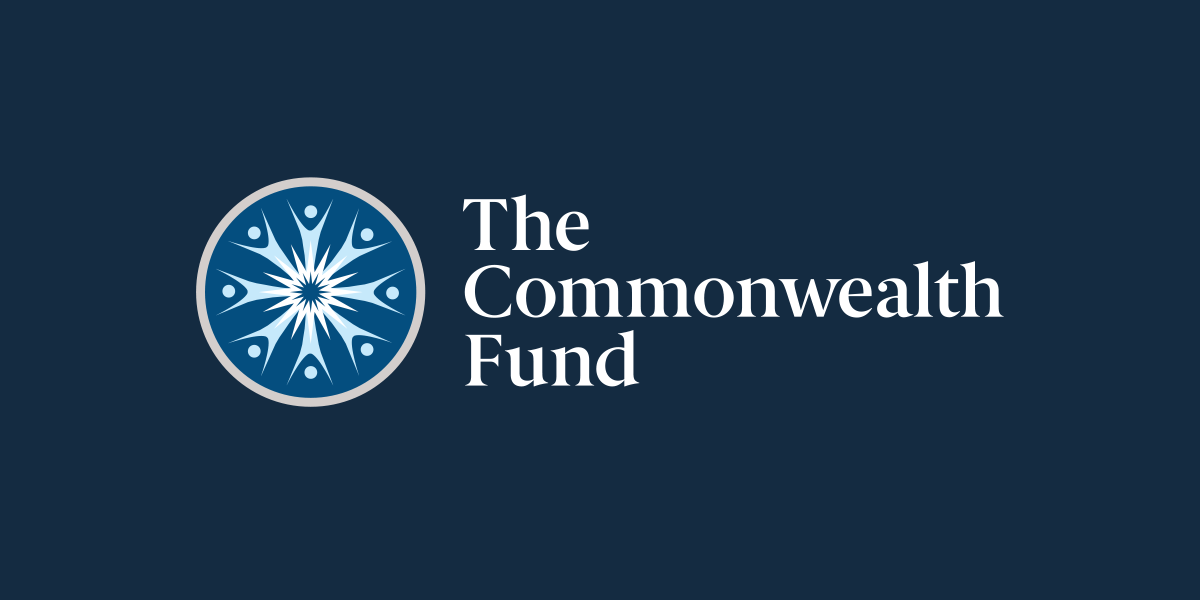Introduction Large racial disparities have been documented in many high-stakes settings—such as employment, healthcare, housing, and criminal justice—raising concerns of discrimination by individual decision-makers. At the same time, there is growing understanding that a focus on individual decisions can yield … Read More
Data

Recommendations for Regulating Artificial Intelligence to Minimize Risks to Children and Their Families
From January 2023 to March 2024, multiple entities have published guidance on artificial intelligence (AI), underscoring growing public concerns regarding AI governance. Meanwhile, as federal and state legislators weigh the need for AI regulations to safeguard the public from various risks, recent discourse … Read More

Transforming How We Deliver Prevention Services
The 2023/2024 Prevention Resource Guide was created with input from a broad representation of national experts, including national child abuse prevention partners and colleagues on the Federal Inter-Agency Work Group on Child Abuse and Neglect as well as parents with … Read More

Creating Equitable Ecosystems of Belonging and Opportunity for Youth An Action Guide for Cross-System and Sector Leaders and Practitioners
Ecosystem for Youth Belonging and Opportunity The concept of a youth development ecosystem, builds from and expands upon Urie Bronfenbrenner’s Ecological Systems Theory, which views child development within the context of the system of relationships that form their environment. Broffenbrenner, … Read More

Building And Empowering Impactful Children’s Cabinets
Background Childrens cabinets typically comprise key public and private sector experts and can be critical to the cross-agency coordination of the Governor’s children’s initiatives. A powerful tool in a Governor’s arsenal, they can foster momentum across multiple different departments and … Read More

Bridging the Gaps: Child Welfare’s Vital Role in Public Health Emergencies Addressing Intimate Partner Violence
The National Academies report, “Essential Health Care Services Addressing Intimate Partner Violence,” released on January 11, 2024, serves as a pivotal resource for child welfare agencies and their staff to be effective partners with other key governmental agencies to address … Read More

Mandated Reporting Policies Do Not Promote More Accurate Reporting of Suspected Neglect
Each year, there are approximately 4 million referrals of suspected child maltreatment, with around 2 million of those reports meeting the criteria for an investigation or alternative response. However, only about 600,000 of those reports are substantiated (i.e., an investigator determines that abuse or neglect … Read More

Leveraging Medicaid to Support Children and Youth Living With Complex Behavioral Health Needs
Executive Summary The COVID-19 pandemic exacerbated the already-growing mental health and substance use disorder (SUD) (behavioral health) crisis gripping children and youth in the United States. It has spurred federal, state, and other actions to expand funding and treatment opportunities … Read More

Examining Financial Hardship and Caregiver Subgroups in Kinship Foster Placements: A Machine Learning Approach
Kinship care is the preferred placement option when it is determined that moving a child from their family’s home is necessary due to child abuse and/or neglect. However, notwithstanding kinship care being the preferred choice by families and child welfare … Read More

Analysis of Public Comments on the National Strategy to Support Family Caregivers
Executive Summary This report presents findings from an analysis of public comments solicited by the Administraion for Community Living (ACL) on the National Strategy to Support Family Caregivers, published on September 21, 2022. The Strategy was the culmination of several … Read More
